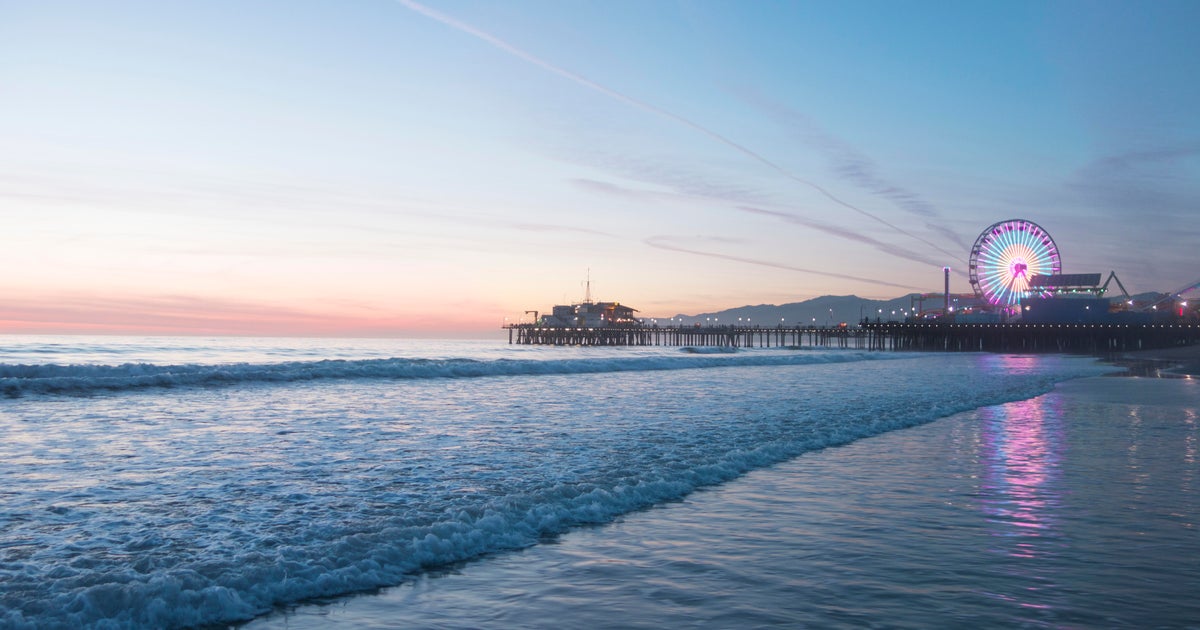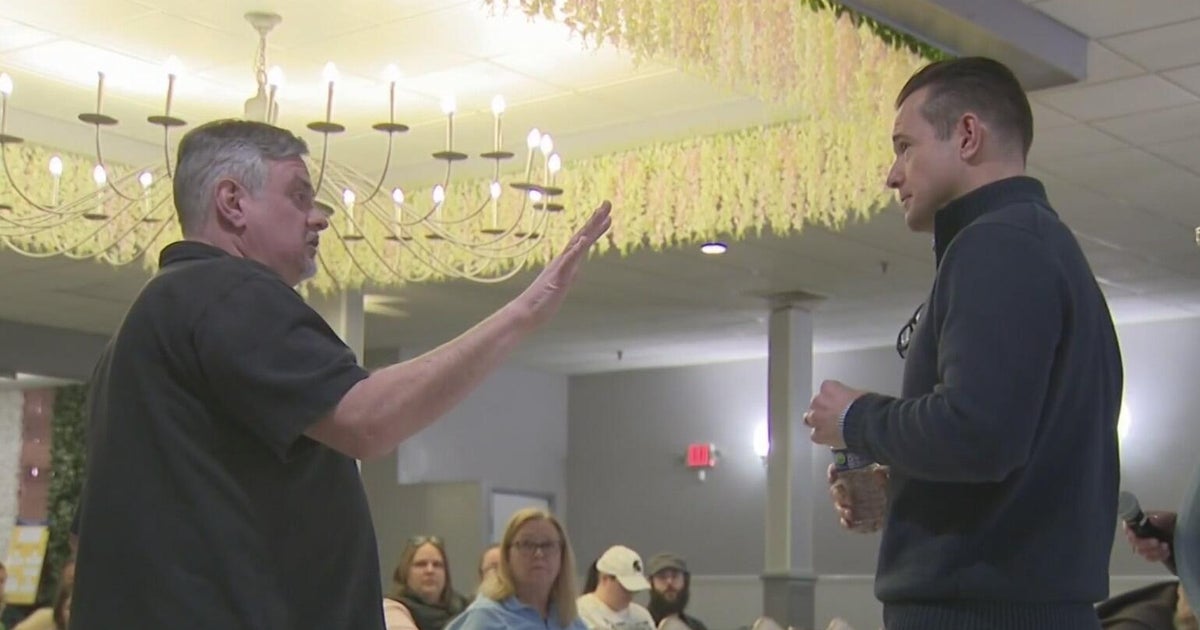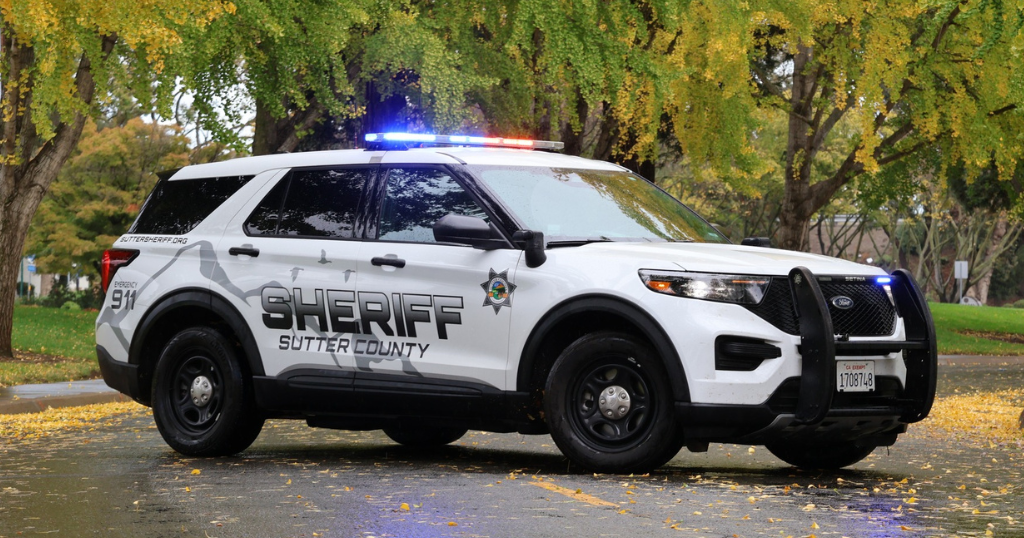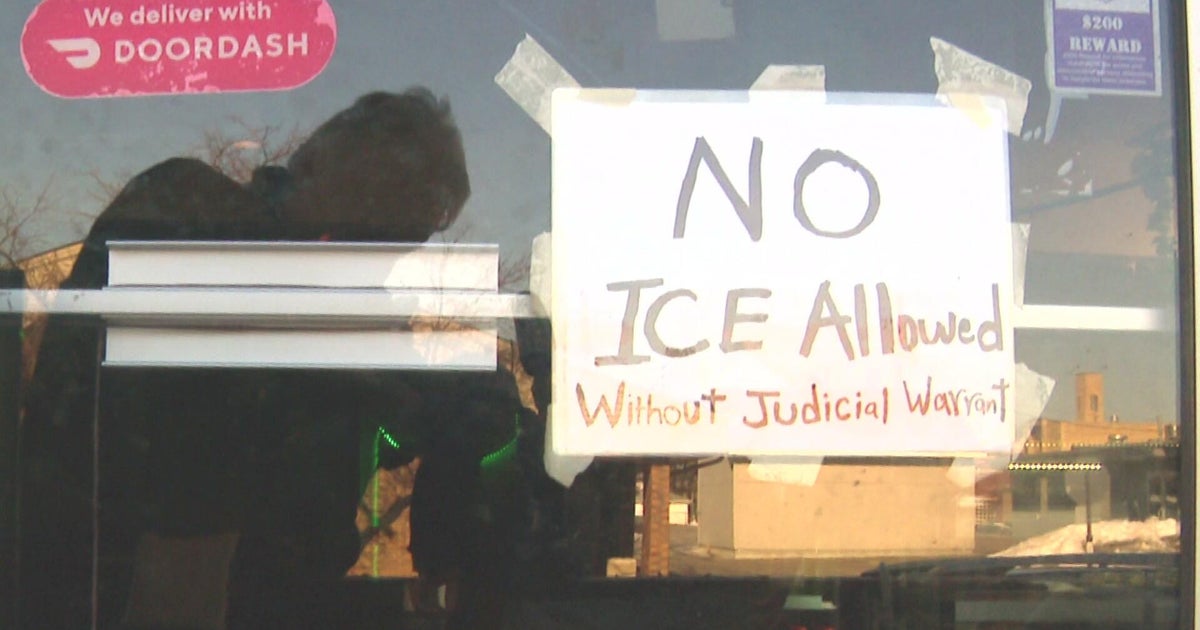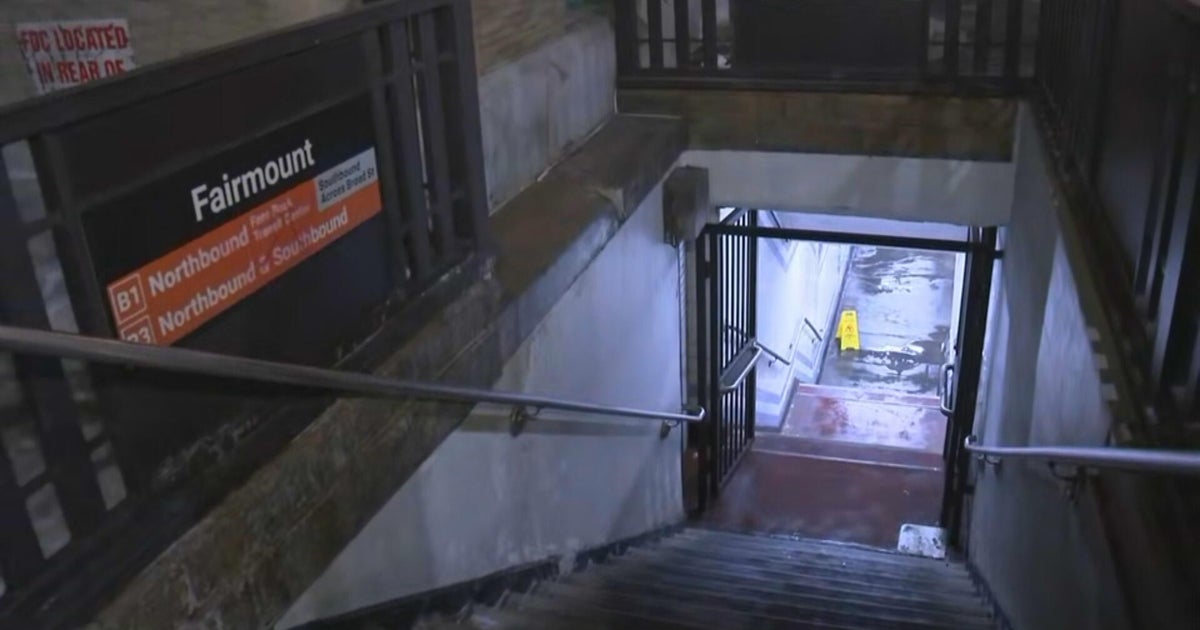Feds Say Pullman Historic District Should Be National Park
CHICAGO (CBS) -- Part of Chicago's historic Pullman neighborhood is a step closer to becoming a national park.
WBBM Newsradio Political Editor Craig Dellimore reports the National Park Service has completed a study that says the Pullman Historic District is worthy of becoming a national park, due to its historical significance. The district is already a national landmark.
The Pullman neighborhood is the area where railroad baron George Pullman built the nation's first company town near his factory, to provide homes, shopping areas, churches, theaters, a hotel, a library, and other amenities for his workforce.
The town won international acclaim as a model of an industrial town, but its reputation suffered after the infamous Pullman Strike in 1894. Approximately 125,000 workers on 29 railroads went on strike, and refused to work on trains containing Pullman cars, after the Pullman Palace Car Company cut wages amid plummeting business from the 1893 depression.
When President Grover Cleveland ordered federal troops to suppress the strike dozens were killed in violent clashes between troops and workers.
The Pullman Company also was the focus of the first major black labor movement in the 1920s and 1930s.
"One factor that really interests the Park Service is the story of the Pullman porters, and the black labor movement here, and there's no national park dedicated to telling that chapter of American history," said U.S. Rep. Robin Kelly, whose district includes the Pullman neighborhood. "It's the story of A. Philip Randolph, and the African-American union movement."
Pullman is considered the birthplace of the African-American labor movement, after Randolph formed the Brotherhood of Sleeping Car Porters – the first predominantly black labor union – in 1925.
He enlisted most of the Pullman Company's railroad porters into the union. Later, in the 1930s, President Franklin Roosevelt signed off on changes to the Railway Labor Act, leading to a boost in the BSCP's membership, and their first contract with the Pullman Company in 1937, providing pay raises, shorter workweeks, and overtime pay.
Kelly said she and U.S. Sens. Dick Durbin and Mark Kirk want to see all the interested parties to get together and determine whether it's feasible for the area to become a national park.
It's not a simple matter, because Pullman is an urban neighborhood, and historic sites there are owned by both private and government interests.
"But they all seem so dedicated, the ones that I met – for this to be successful," she said. "I just think that it would be very favorable, and would help with not only preserving the area, but economic development, tourism."
For the Pullman area to become a national park, Congress must approve an economic feasibility study to determine how to fund and maintain it.
